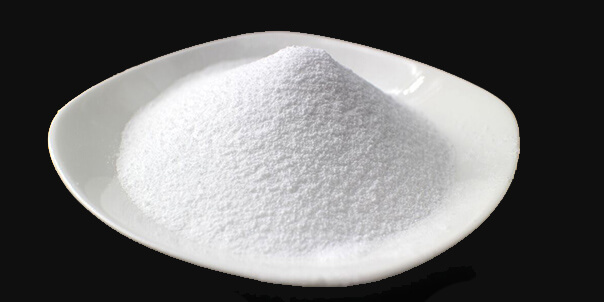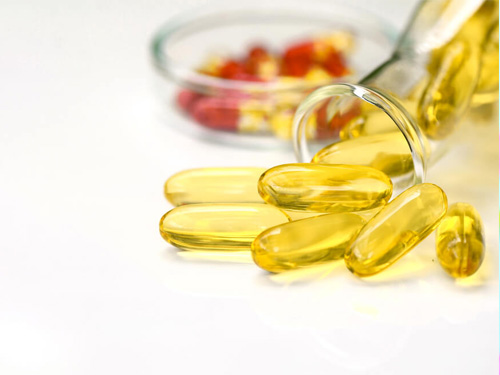Gelatin Capsules-Gelatin is widely used in the medical field because of its biodegradability, good biocompatibility and film-forming properties. There are more than a dozen raw materials needed to make capsule shells, of which gelatin accounts for more than 90%.
Although gelatin capsules have many advantages, they also have disadvantages:
- 1) Due to the presence of aldehyde groups, imines or ketones, the capsules are prone to cross-linking during storage, forming a stable gelatin network, slowing the dissolution of the capsules and reducing their bioavailability;
- 2) Gelatin is derived from animal skin or bone, so it is inconvenient for vegetarians to take medicine;
- 3) The shell material of the gelatin capsule is derived from animal skin or bone, which is easy to transmit infectious spongy tissue brain diseases-mad cow disease;
- 4) The mechanical properties of the soft capsule shell are easily affected by temperature and moisture-the addition of plasticizer in the capsule shell increases the oxygen permeability and the transfer of water between the capsule shell and the contents of the capsule. Greatly affect the dissolution of drugs;
- 5) The soft capsule also has the phenomenon of drug migration.
Alternatives to gelatin capsules include vegetable gum (konjac gum, gum arabic, etc.), microbial gum (xanthan gum, gellan gum, etc.), seaweed gum (carrageenan, alginate, etc.), starch, etc.
 GelatinLearn More
GelatinLearn More Collagen PeptidesLearn More
Collagen PeptidesLearn More


